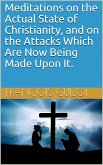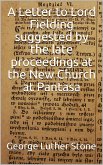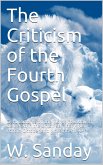The Augsburg Confession, also known as the Augustan Confession or the Augustana from its Latin name, Confessio Augustana, is the primary confession of faith of the Lutheran Church and one of the most important documents of the Protestant Reformation. The Augsburg Confession was written in both German and Latin and was presented by a number of German rulers and free-cities at the Diet of Augsburg on 25 June 1530. The Holy Roman Emperor Charles V had called on the Princes and Free Territories in Germany to explain their religious convictions in an attempt to restore religious and political unity in the Holy Roman Empire and rally support against the Turkish invasion. It is the fourth document contained in the Lutheran Book of Concord. The Augsburg Confession consists of 28 articles presented by Lutheran princes and representatives of "free cities" at the Diet of Augsburg that set forward what the Lutherans believed, taught and confessed in positive (theses) and negative (antitheses) statements. The theses are 21 Chief Articles of Faith describing the normative principles of Christian faith held by the Lutherans; the antitheses are seven statements describing what they viewed as abuses of the Christian faith present in the Roman church.
Bitte wählen Sie Ihr Anliegen aus.
Rechnungen
Retourenschein anfordern
Bestellstatus
Storno









